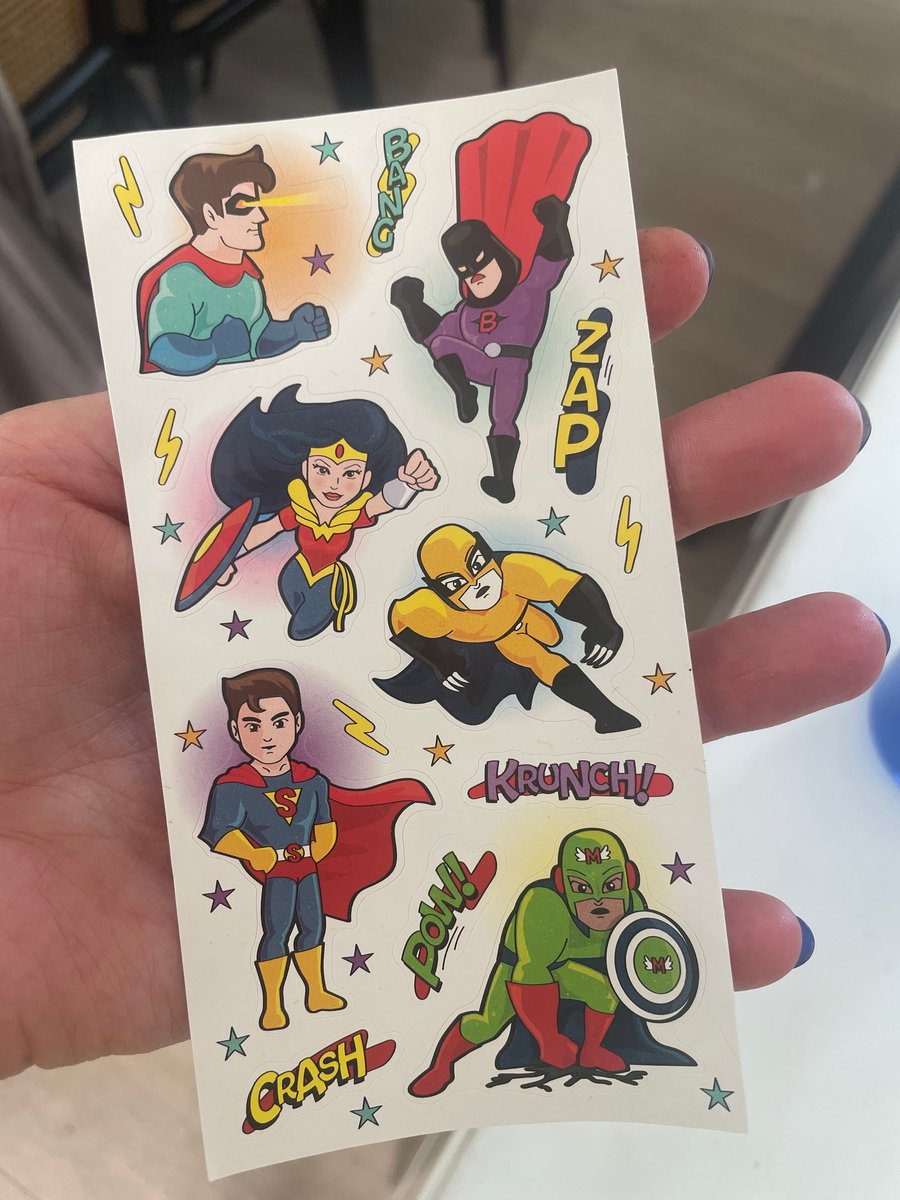
My eldest son turned 12 in September, and as he edges ever closer to becoming a teenager, his interest in how he looks and presents to the world has changed.
While he still loves sport, learning, and his friendships, he also wants rippling abs and to be big, tall, and strong.
I am sure there are many reasons for this. He is subject to as many external messages about his body as I am about mine. Think of Marvel superheroes (even the cartoon versions), international soccer stars, and YouTube celebrities. It's all about the broad shoulders, biceps, and a tight six-pack.
Watch: Taryn Brumfitt on embracing your body. Post continues below.
At home, we try to eat a varied diet and promote an active lifestyle. During lockdown, I encouraged both my sons to join me in exercising online with personal trainers like Joe Wicks.
Whether this period of lounge room jump squats amplified his obsession with 'keeping fit', I don't really know. But I also know that my son is not alone within his peer group of wanting to look physically buff before starting high school.



Top Comments